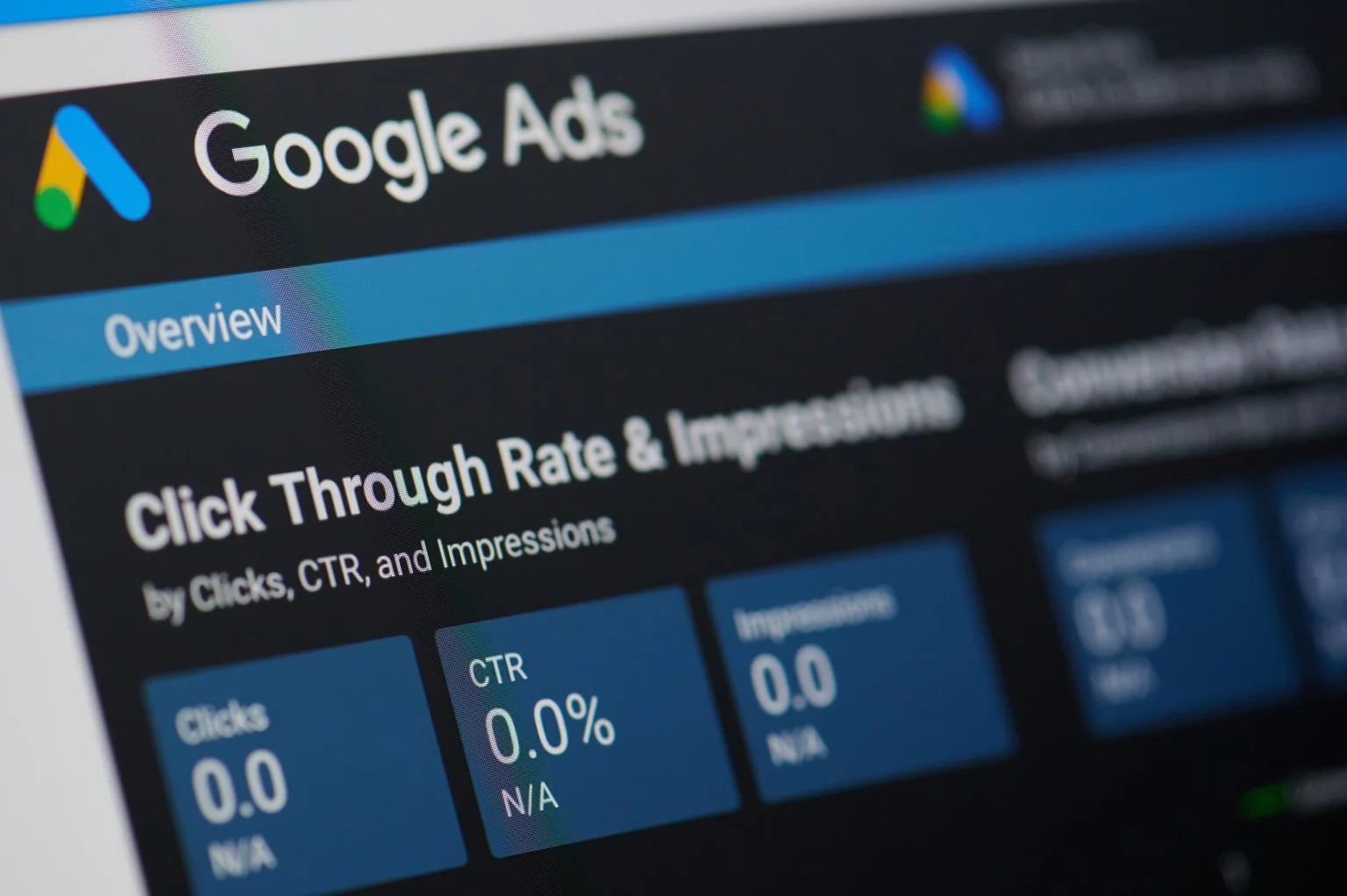More than 90% of online experiences start with a search query. In a world where visibility and presence are pivotal, local SEO (Search Engine Optimization) emerges as an indispensable tool for small businesses aiming to capture their local audience. But is investing in local SEO truly worth it? The short answer is a resounding yes.
Local SEO not only enhances your online visibility but also ensures that your business stands out in an increasingly competitive digital environment. By optimizing your website for local search results, you can target potential customers in your geographic area more effectively. This means appearing in local search results when someone nearby searches for a product or service you offer, which can significantly increase foot traffic to your physical location.
In essence, local SEO is a powerful way to connect with potential customers who are already looking for what you have to offer, making it a smart and necessary investment for any small business seeking growth and sustainability in today's digital age.
Why is Local SEO Important?
Branded vs. Non-Branded Search Terms
When it comes to local SEO, understanding the distinction between branded and non-branded search terms is crucial. Branded search terms include the name of your business, for example, "Joe's Coffee Shop." Non-branded search terms, on the other hand, relate to the products or services you offer without mentioning your brand name, such as "coffee shop near me." Both types of search terms play a critical role in driving traffic to your website and ultimately to your physical location.
Branded Search Terms: Ranking well for branded terms is important because it solidifies your business's online identity. When potential customers search specifically for your business, they should be able to find you easily. This reinforces your brand's presence and credibility. Branded terms are most easily incorporated into your website optimizations because they are commonly found on a page's text. Many people, however, forget to include them in the backend of a site's alt text, meta descriptions, etc.
Non-Branded Search Terms: These are equally important because they attract potential customers who are not yet familiar with your brand but are looking for the services or products you offer. Effective optimization for these terms can significantly expand your reach and introduce your business to a broader audience. Non-branded terms require research to see what consumers are searching for and to find ways to incorporate them into the body of your website naturally, as well as strategically on the back end of your website.

Continuous Optimization is Crucial
It's important to understand that successful local SEO doesn't happen by chance. Simply having a website doesn't guarantee that it will rank for relevant search terms. Likewise, the digital landscape is constantly evolving, and what worked a few years ago may not be effective today. This means that continuous optimization is necessary to stay competitive. Regularly updating your website's content, maintaining accurate and consistent business listings, and actively managing customer reviews are all critical components of an effective local SEO strategy. A report by Ahrefs records the startling fact that, of 14 billion live websites, 96.55% of them receive ABSOLUTELY NO ORGANIC TRAFFIC.
Invest the time and resources into ongoing SEO efforts to ensure that your business becomes and remains visible in local search results.
Here are some reasons why continuous optimization is needed:
- Your Business Has Changed - You likely offer new or different products or services than you did when you started, or your location, hours, or other elements of your business have changed.
- Your Competitors Have Changed - Their businesses have evolved as well. Plus, they're making marketing moves that affect search results. If they've been optimizing and you haven't, you'll lose valuable real estate in search results.
- Google's Algorithm Changes - Google frequently updates its algorithms and that affects what it is looking for, prioritizing and ranking in websites. These updates need to be noted and accounted for; otherwise, you won't be relevant to what the search engine is prioritizing.
Understanding the Basics of Local SEO:
1. Optimizing for 'Near Me' Searches and SERP Features
Local SEO focuses on optimizing your online presence to attract more business from relevant local searches. People often search using phrases like “near me” or “in [city name]”, and these local intent searches are incredibly significant. To optimize for these:
- Keyword Research and Optimization: Identify keywords that your target audience uses when searching for services like yours. Tools like Google Keyword Planner can be handy.
- On-Page SEO: Optimize your website’s content with local keywords. Ensure your city or region is mentioned in key areas such as titles, headers, and body text.
- SERP Features Optimization: Aim to appear in special SERP features like Local Packs by optimizing your Google Business Profile (GBP) and obtaining positive reviews.
2. Leveraging Your Google Business Profile for Maximum Local SEO Impact
Your Google Business Profile (previously Google My Business) is a powerful tool for local SEO. Here’s how to optimize it:
- Complete Your Profile: Ensure all information, including address, phone number, and business hours, is accurate and up-to-date.
- Add High-Quality Images: Photos of your business, products, and services can significantly enhance your profile.
- Post Regular Updates: Keep your profile fresh with posts about offers, events, or news.
- Encourage Reviews: Positive reviews boost your profile’s visibility. Promptly respond to reviews to show you value customer feedback.
3. The Power of Online Reviews and How to Encourage Them
Online reviews significantly influence consumer behavior and local search rankings. Here’s how you can encourage more reviews:
- Ask at the Right Time: Request reviews after a positive interaction or successful service delivery.
- Make It Easy: Provide direct links to your review pages on platforms like Google, Yelp, and Facebook.
- Incentivize Feedback: Offer small incentives, such as discounts or freebies, for customers who leave reviews (ensure this complies with the review platform's policies).
- Respond to Reviews: Engage with reviewers by thanking them and addressing any concerns raised.
4. Measuring Local SEO Success: Key Metrics for Small Businesses
Understanding the impact of your local SEO efforts requires tracking specific metrics:
- Google Business Profile Insights: Monitor views, searches, and actions on your GBP.
- Website Traffic: Use Google Analytics to track local traffic, bounce rates, and the duration of visits.
- Conversion Rates: Measure how local traffic translates into leads or sales.
- Rank Tracking: Tools like Moz or SEMrush can help track your local keyword rankings.
- Customer Engagement: Monitor comments, shares, and interactions on your social media profiles.
Investing in local SEO is not just worthwhile; it’s essential.
By optimizing for local searches, leveraging your Google Business Profile, encouraging and managing online reviews, and measuring your success with key metrics, you can rise above the competition and attract your local target audience.



.webp)























































